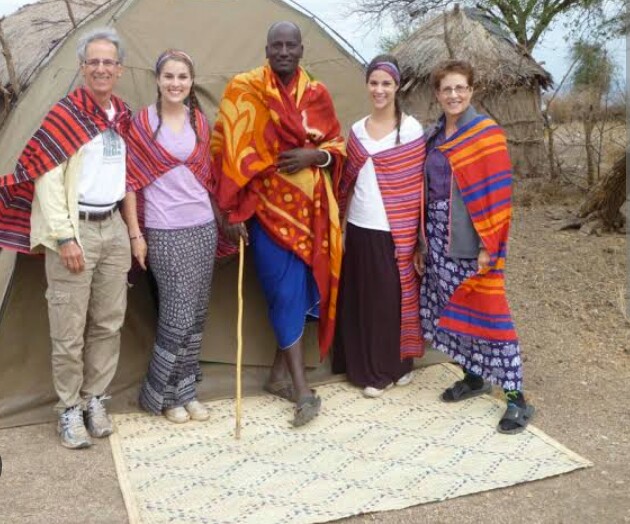
What are popular foods in Tanzania?
Some typical mainland Tanzanian foods include wali (rice), ugali (maize porridge), nyama choma (grilled meat), mshikaki (marinated beef), samaki (fish), pilau (rice mixed with a variety of spices), biriyani, and ndizi-nyama (plantains with meat).
Various local communities run their own cultural programmes and welcomes visitors to their homes, bringing income directly to local community while giving local people an opportunity to showcase their way of life to the outside world. This creates mutual understanding and friendships between tourists and local people, offering tourists from all over the world the possibility to experience Tanzanian cultural diversity and providing local people in various rural areas the opportunity to build sustainable livelihoods
When they decide to eat a coconut, they rip strips of husk off with their pincers, then hit it repeatedly until it breaks open.
With local guides born and raised in the area, you can discover how many steps it takes to grow, pick, dry, roast, pound and brew fresh aromatic coffee. Participate in the process personally before enjoying the taste and taking home a very personal pocket of Tanzanian coffee! In the pastoral areas of the North and Lake Zone, follow the Sukuma, Iraqw, Barbaiq, and Maasai tracks to explore almost unforgotten traditions and a way of life that is closely linked to nature and wildlife.

Hospitality
Tanzania’s people are among the most welcoming and approachable on earth with diverse and unique cultures ready to be shared with visitors. It is a rewarding experience to leave your 4X4 vehicle behind and walk through scenic local resident villages with greatest Cultural landscapes in Africa. On the lash tropical slopes of Mt Meru, and Mt Kilimanjaro Waarusha, Wameru or Wachagga guides will proudly describe their carefully cultivated ‘shambas’ with coffee, bananas, fruits, vegetables and dairy cow farming while the World famous Maasai will share with you their age-old pastoralist heritage. Spend part of your time to meet friendly faces of Africa and learn about their ways of life
“Cultural Tourism is beneficial to everyone…. the tourists get unforgettable and unique experience while the local people generate income that improves their standard of living….”
What is the culture of Tanzania?
The Tanzania culture is Swahili, an Arab/African mix, but there are also big Asian communities, particularly Indian, in towns and cities. Tribes inhabit rural areas, including the Maasai of the Great Rift Valley of the north. People of Tanzania are among the most welcoming and approachable on earth with diverse and unique cultures ready to be shared with visitors. It is a rewarding experience to leave your 4X4 vehicle behind and walk through scenic local resident villages with greatest Cultural landscapes in Africa. On the lash tropical slopes of Mt Meru, and Mt Kilimanjaro Waarusha, Wameru or Wachagga guides will proudly describe their carefully cultivated (shambas) with coffee, bananas, fruits, vegetables and dairy cow farming while the World famous Maasai will share with you their age-old pastoralist heritage. Spend part of your time to meet friendly faces of Africa and learn about their ways of life
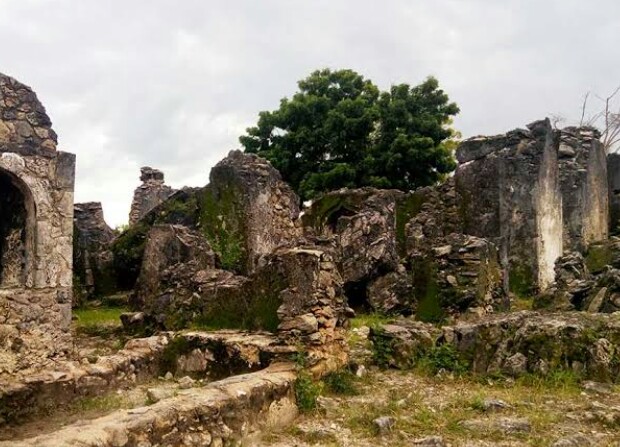
Historical Sites
Tanzania destination is a place with diversity of cultures and great world historical discoveries.
The country has many things to explore and learn when we talk about local cultures and the great history of our nation. This country has a number of famous in the world historical sites that provides to the world clear insight into the past and helps the people to learn about the human history. Historical places gives people, a clear picture about our ancient cultures, primitive working tools like Stone tools, and our ancestors art work. You will find good example of the anciet art at the Rock Paintings of Kondoa Irangi Tanzania.
Apart from the famous Kondoa Irangi rock paintings, Tanzania has other attracting for historians as well as other visitors historical places. These include; Kaole ruins, Ismila Stone Age site, Engaruka ruins, Mikindani, Ngorongoro Conservation area, and many other sites within the country. The government of Tanzania is doing all it can to preserve and promote these sites for sustainable use.
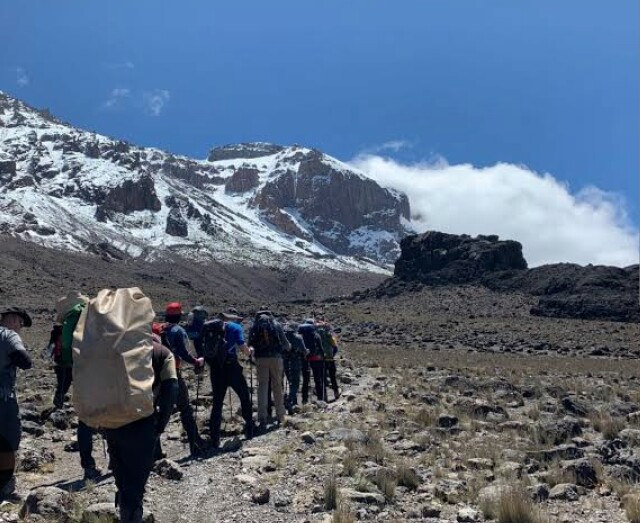
Shopping and Nightlife
Pick up African crafts and curios at the most popular tourist centres. Dar es Salaam, Arusha and Stone Town on Zanzibar are dotted with curio shops, markets and bazaars, as well as main roads near parks and reserves, and the coast roads behind beach resorts, all have plenty of roadside stalls.
Items to buy include African drums, batiks, basket-ware, soapstone knick-knacks, handmade chess sets, paintings of Maasai tribes and Serengeti landscapes in the popular Tingatinga style, and large wooden carvings of animals or salad bowls fashioned from a single piece of teak, mninga or ebony.
Maasai items such as beaded jewellery, decorated gourds and the distinctive red-checked blankets worn by all Maasai men make good souvenirs. Kangas and kikois are sarongs worn by women and men respectively and are often in bright colours and patterns. These are made into other items including clothes, cushion covers and bags. In Zanzibar, find old tiles, antique bowls and the famous carved wooden Zanzibar chests (once used by the Sultans to store their possessions, but today ornate replicas), and pick up packets of Zanzibar’s famous spices in Stone Town, as well as on a spice tour.
A Tanzanian specialty is the semi-precious stone called tanzanite, which ranges from deep blue to light purple and it is only found around Arusha. Tanzanite jewellery can be seen in upmarket curio and jewellery shops in Arusha, Dar es Salaam and Zanzibar’s Stone Town.
Whilst most prices in shops are set, the exception include the curio shops where a little good-natured bargaining is possible, especially if it’s quiet or you are buying a number of things. Bargaining is very much expected in the street markets.
Shopping hours:
Mon-Fri 0800-1730; Sat 0830-1230. Some tourist shops open on Sunday, while some Muslim-owned supermarkets and other businesses close on Friday afternoons but may also be open on Sunday. In Zanzibar, some shops close for a siesta from around 1200-1500 but stay open later until around 1900. In the larger cities markets are open daily 0800-1800.
Note:
CITES (Convention on International Trade in Endangered Species of Wild Fauna and Flora) was established to prevent trading in endangered species. Attempts to smuggle controlled products can result in confiscation, fines and even imprisonment. International trade in elephant ivory, rhino horn, sea turtle products and the skins of wild cats, such as leopard, is illegal.
Nightlife in Tanzania
Nightlife is limited in Tanzania, but Dar es Salaam does have several nightclubs, cabaret venues and cinemas. Generally, nightlife is centred on the top tourist hotels and restaurants. All along the coast, and particularly on Zanzibar, hotels and beach bars often feature bands during the weekends with dance floors right on the beach. Quite often, traditional tribal dancing and drumming is performed in the safari lodges and beach resorts. Rowdy full moon parties have become popular on Zanzibar’s backpacker-focused northern beaches.
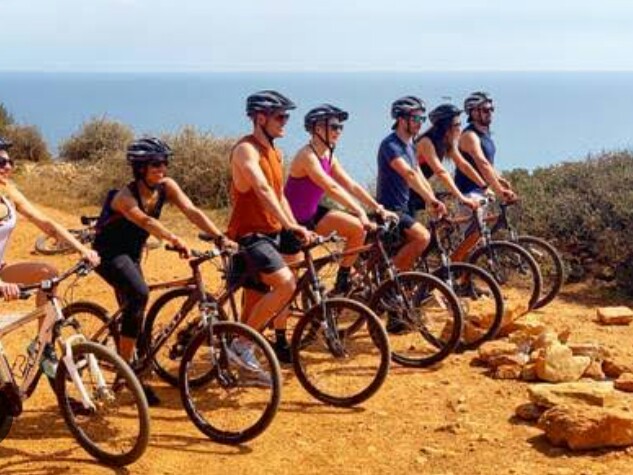
Photographic Safaris
Africa is a photographer’s paradise, where many shots that changed the world have been captured. It’s indeed an eye-opening continent and one of the dream destinations of many photography enthusiasts. With our Photographic Safari, you can capture stunning images of wildlife, people, and landscapes of Africa. We offer many destinations that could cater to your dream of an ultimate photography trip. Whether it’s a safari, a forest, or an ancient village, we can bring you there. Gosheni Safari also has its fleet of vehicles that allow you to move around and get the best photographic angles without ‘bumping’ into another passenger. Get a shot of the most elusive animals and capture their magnificence with your camera. Through images, you can let the people know of the life in Africa; its people, culture, sceneries, flora, and fauna. Share with the world your remarkable trip in Africa through photographs that would last a lifetime.
5-Day Photographic Safari.
5-Day Photographic Safari Tanzania Special Tour designed for photographic. In this 5-days Tanzania Photographic safari will begin with the visit to the Serengeti national park for game drive and other northern game parks destinations. Our Tanzania Photographic Safari is best tour trip for film makers and other visitors who wish stay longer in the bush while taking photos for different purposes. The photographic safari will be on private safari vehicle with pop roof to increase visibility to external environment. The large fitted windows in our vehicle will also provide favorable environment for taking distant and also near objects.
Day 1: A transfer from Arusha to Tarangire National Park.
After breakfast, proceed to Tarangire for a full day game safaris drive. The park is famous for wild animals like lion, giraffe, zebra and big flocks of birds. In the evening, you will have Dinner and overnight at Lodges or Campsite.
Day 2: Safari to Serengeti Game Park
A trip to the endless plains and magnificent skies of the Serengeti will start after your breakfast. It is 4 hours drives to the main gate. After registration it followed by full day games drive together with late evening game safari drive. Dinner and overnight will be at Lodge or Tented Campsite.
Day 3: Your Full Days in Serengeti Reserved Park
You will have early morning game safari tour drives Serengeti, back for breakfast and relax, again proceed for a full day game drive with picnic lunches until evening time. Depending on the season, you will be able to sport migrating wildebeest, river crossing and Calving. overnight will be served at Lodge or Tented Campsite.
Day 4: End of Safari in Serengeti, start a Journey to Ngorongoro Crater.
After a relaxing morning and an early lunch, proceed to Ngorongoro, where the night will be spent on the Crater Rim. You will have overnight at Lodge or Campsite.
Day 5: Our final day for Ngorongoro Crater tour, later transfer back to Arusha.
After Early breakfast, descend directly to the Crater rim for a full day crater tour with picnic lunches.
Later drive back to Arusha in the evening. The End of 5-days Tanzania Photographic safari.
Use our Booking form below to get In depth 5-days Tanzania Photographic safari.


25th February, 2018
Diving and snorkelling
Most of visitors comes to Tanzania for enjoying the best offers on diving and snorkelling

14th April, 2021
Wildbest Migration
Tanzania is full of beautifulness of wildbest migrations across several areas

03rd August, 2017
Historical Sites
Visitors come to Tanzania to see the beautiful of various available historical sites

09th September, 2020
Mountain Biking
Most of time, the visitors tend to enjoy doing the mountain biking durign their holiday seasons in Tanzania
" Welcome to Prince Maasai Safari Tours and Adventure. We take you to your expectation in coordination of our experienced Team"
"Feel at Home, Welcome to Tanzania with Prince Maasai Safari Tours and Adventure for the best hospitality and well experienced tour services"
"Please expect to get a high and best practice services from our Team for the best tour journey enjoyed by our visitors"
Day Trips
Get a several day Trips with Prince Maasai Safari Tours and Adventure under the high experienced Team members to your destination point
Book Now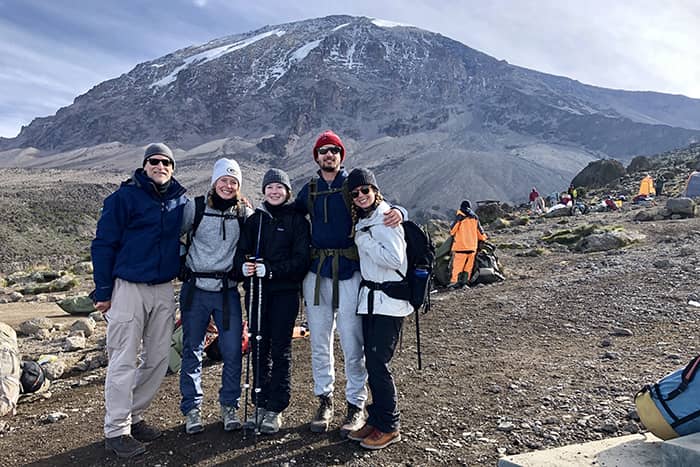
9 Days Lemosho Route
The Lemosho route is one of the newer routes on Mount Kilimanjaro. The route begins in the west and rather than simply intersecting Shira Plateau (like Machame), Lemosho crosses it from Shira Ridge to Shira Camp. Climbers encounter low traffic until the route joins the Machame route.
Details
The Machame route, also known as the “Whiskey” route, is the most popular route on Kilimanjaro. Machame’s draw is in its scenic beauty. However, the trail is considered difficult, steep and challenging, particularly due to its shorter itinerary.
Details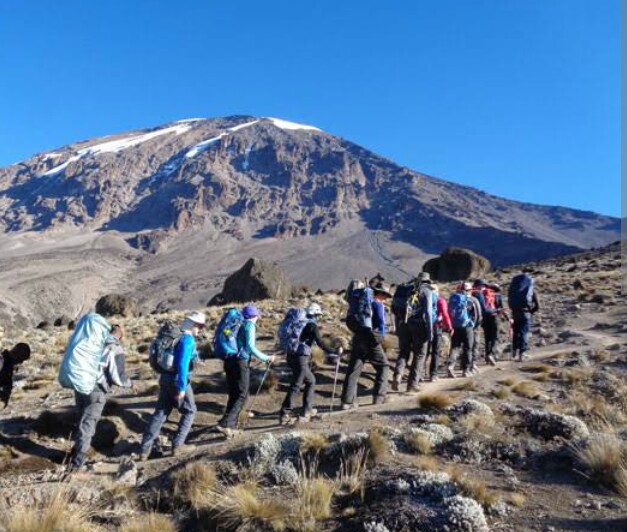
The Rongai route is the only route that approaches Kilimanjaro from the north, close to the Kenyan border. Though gaining popularity amongst climbers, this route still experiences low crowds. Rongai has a more gradual slope than the mountain’s other routes.
Details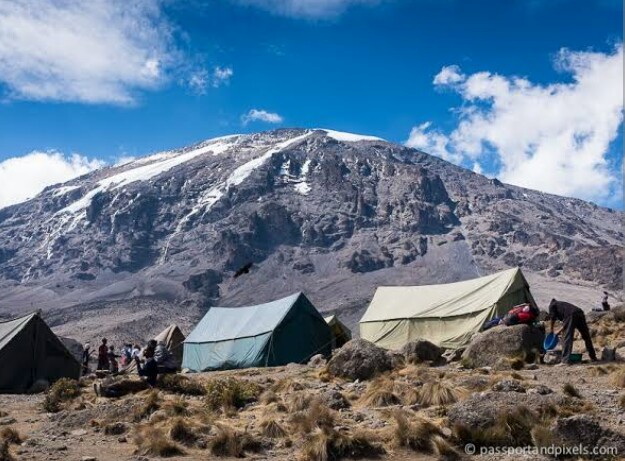
Does Kilimanjaro hold a special fascination for you? Are you planning to realise your dream through the Shira Route? Take a deep breath and read through! We say a deep breath because the Shira route catapults you to an altitude of 3600 meters on the very first day and leaves you gasping for air.
DetailsNeed to Book Us?